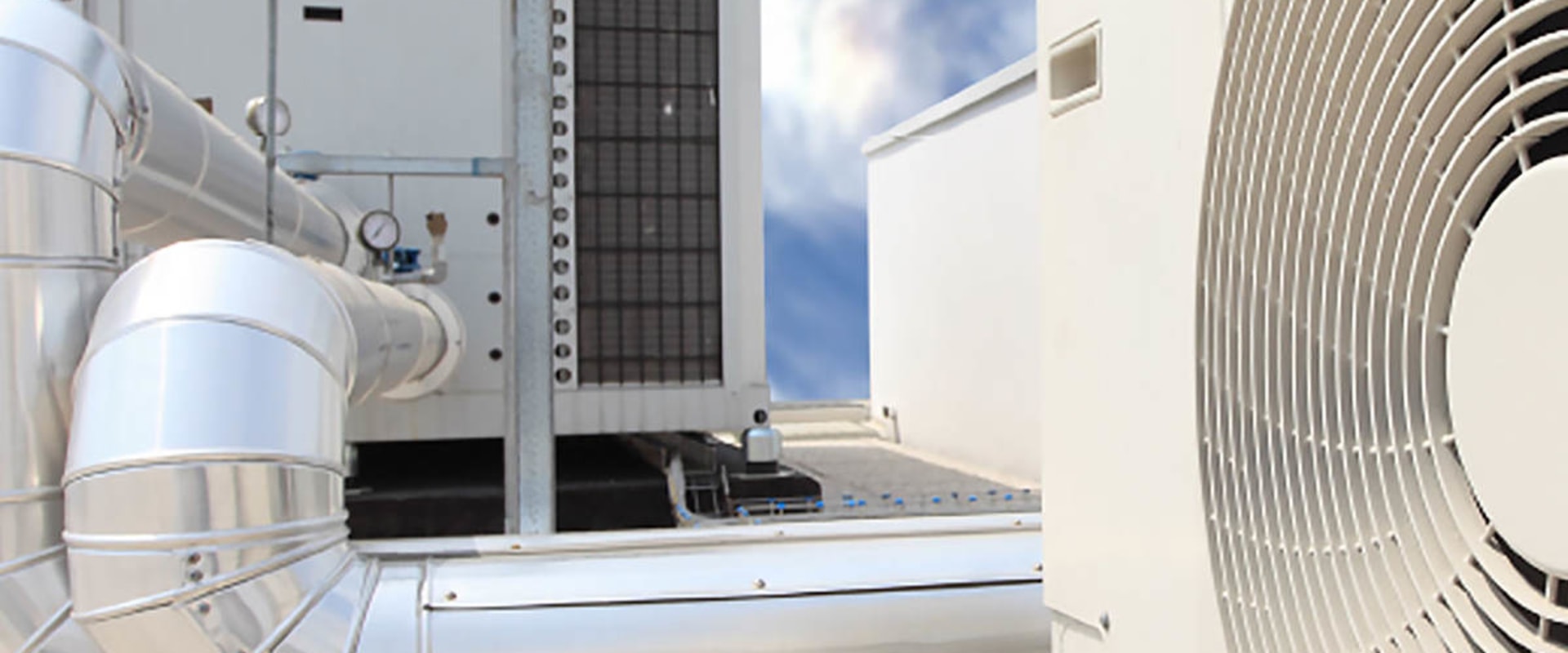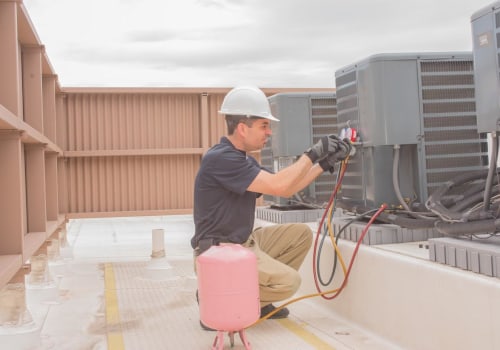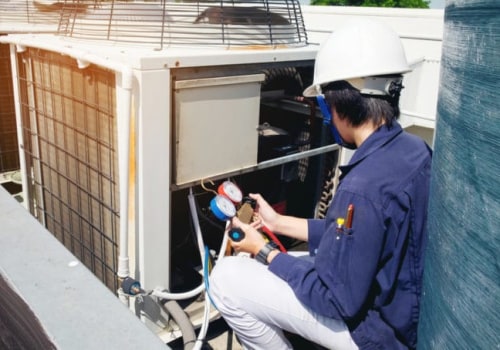Are you looking for information on government regulations and standards that apply to HVAC maintenance companies? If so, you've come to the right place. In this article, we'll discuss the SEER rating, regional states, and other key aspects of current and new DOE HVAC regulations. We'll also discuss the importance of professional HVAC maintenance, potential system problems, replacement options, and more. Read on to learn more about government regulations and standards for HVAC maintenance companies. It's essential to have your air conditioning system checked and maintained by a professional.
This will help you identify any current or potential issues with your heating and cooling system. During the HVAC maintenance service, a technician will review the entire system and test its operation. After completing the maintenance service and review, they'll discuss any potential system problems with you as well as the next steps to take. It's important to continue to schedule professional HVAC maintenance each year to keep your central air conditioner in good condition and avoid potential problems. If your air conditioner or heat pump is worn out, the technician will discuss repair and replacement options with you during maintenance service.
If your air conditioning system needs to be replaced, you should act quickly to get the best price and installation times for your new system. Adam suggests taking advantage of financing options such as rent-to-buy if replacing your air conditioning system during the holidays wasn't something you planned. This way, you can get a new air conditioning system at a lower cost and still enjoy your vacation. To avoid long wait times for your new climate system, it's best to schedule a replacement now. As parts wear out and break in older HVAC systems, it may be harder to find replacement parts. If your current system breaks down, you may not be able to get repair parts.
To protect all your appliances from potential problems, consider getting a Sears Protect home warranty plan. It's important to understand the key aspects of current and new DOE HVAC regulations so that you can make better decisions about your heating and cooling system. The Seasonal Energy Efficiency Index (SEER) is the ratio between the total heat extracted from the conditioned space during the annual cooling season divided by the total electrical energy consumed by the air conditioner during the same season. The higher the SEER rating, the less electrical energy your air conditioner will use to cool your home. SEER2 is basically the same as SEER but is measured differently. The SEER-2 rating measures energy efficiency under test conditions that more accurately approximate real-world scenarios of installed air conditioning units.
SEER2 ratings often differ from SEER ratings by approximately. The use of central air conditioning varies widely between northern and southern states due to significant outside temperature differences. To account for this difference, the DOE uses population-weighted number of days with degrees of heating (HDD) to establish a dividing line between northern and southern states. A hard drive counts when the average daily temperature is below 65 degrees (indicating that your home needs heating). States with 5,000 HDDs or more are considered part of the northern region while states with less than 5,000 HDDs are considered part of the southern region. HVAC certification is a process in which an authorized organization certifies that a technician has received necessary training for the job and has met industry standards and criteria.
Any HVAC technician hired by a contractor, business owner, or homeowner must be fully trained and qualified. Government agencies grant a business license that allows individuals or companies to carry out benefit-generating activities within a geographical jurisdiction. An HVAC certification demonstrates that you have necessary skills and training in your field. Because a person gets their HVAC license after completing their training and certification program or degree, it is a kind of graduate education. Most states require applicants to pass a licensing test before working independently in the industry to ensure competition. The cost of obtaining an HVAC license or certification may vary depending on the state or organization that grants it.
Most of the time, total cost will range from a few hundred to a few thousand dollars. Standard expenses may include course enrollment fees, course work and materials, exam fees, renewal rates, and possible reinstatement rates if certification expires or expires. HVAC contractors who work without a license risk being penalized, entangled in legal disputes, or even sued if something goes wrong on the job. General contractors who employ unauthorized subcontractors risk losing their licenses. Even homeowners can risk receiving penalties if they use unlicensed HVAC contractors to perform work that requires a permit.
Proper certification and licensing ensure that you can serve your customers well and create a strong reputation in your community. Licensing requirements are different in each state but there are similarities. You'll find links to your state's licensing agency where applicable. In Alaska, HVAC contractors must have a license.
You must first obtain a mechanical administrator license or hire one before working independently in this field. There are several other requirements that must be met before obtaining an HVAC license or certification in Alaska so make sure you do your research before applying.




